Courses and Workshops
Online Courses
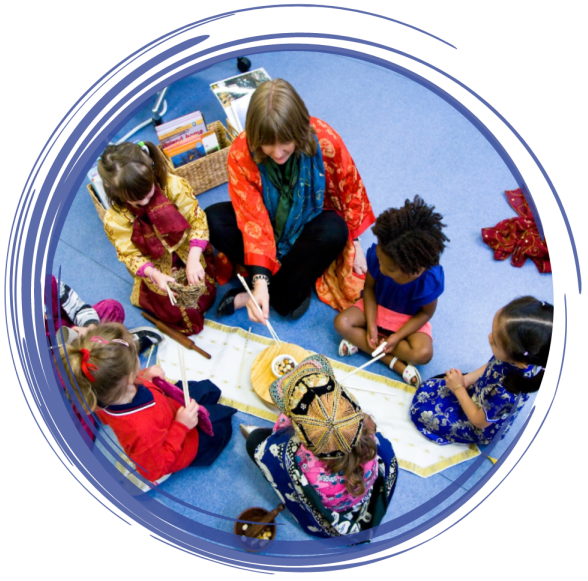
Facilitated by Dr. Jo Fahey
Join Jo as she and 12 international educators journey through four unique online modules that will provide you with a strong foundational understanding of the Power of Play, and its various forms in both indoor and outdoor settings around the world.

Facilitated by Dr Jo Fahey
This course is packed with practical ideas and strategies to enhance playful literacies and children’s agency for educators of children from 3-6 years of age. You can take part by yourself, in small groups, or with your early childhood team. I have designed this as an opportunity for you to reflect, review, share and take action.
Face-to-face workshops
We customise workshops to suit your needs and requests. Here are some workshops we offer.
Click here to download a pdf.
These are designed as 2 day workshops but can be modified to one-day, half-day or keynote.
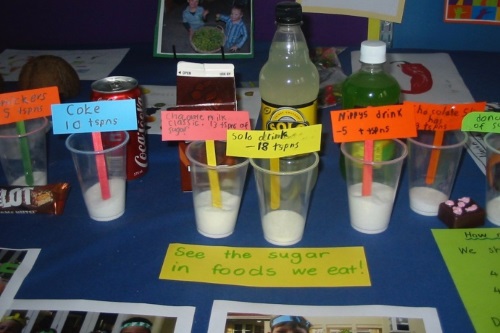
Facilitated by Kelvin Sparks
With its inherent probing for meaning and building of connections, inquiry pedagogy is eminently suited to teaching and learning mathematics. Yet, even in schools with a commitment to inquiry-based learning, mathematics is one of the learning areas where inquiry pedagogy is least used.
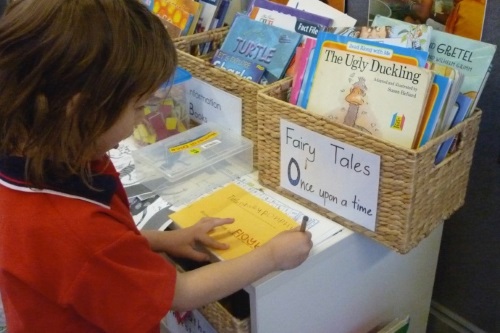
Facilitated by Jo Fahey
Children naturally inquire in multiple ways. This workshop, based on Jo’s research and book of the same name, demonstrates how the learning environment can be structured to support children’s inquiries so that they go deeper in their understanding of the world and their place
in it.
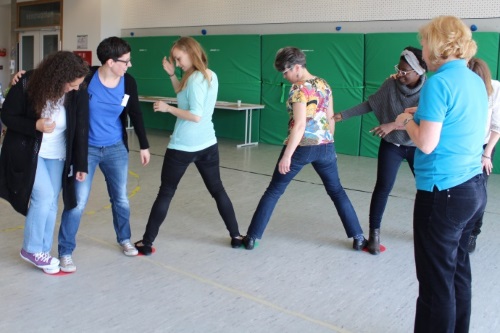
Facilitated by Kelvin Sparks
There is widespread agreement in business and scientific circles that the problems that will face us in an uncertain future will require greater numbers of creative problem solvers, while the opportunities this presents will require greater numbers of creative entrepreneurs. But how can we promote greater creativity in schools?
These are designed as 1 day workshops – can be modified to half day, twilight or keynote.
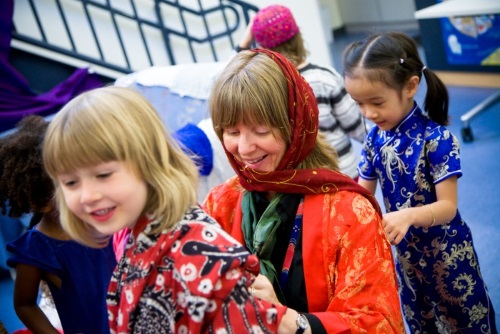
Facilitated by Jo Fahey
Intercultural understanding has rarely been more important than now. It is vital that we live in peace and harmony with others from different backgrounds and religions. When adults value diversity, acknowledge differences as well as similarities and treat everyone with respect, then children will take on the values modelled.
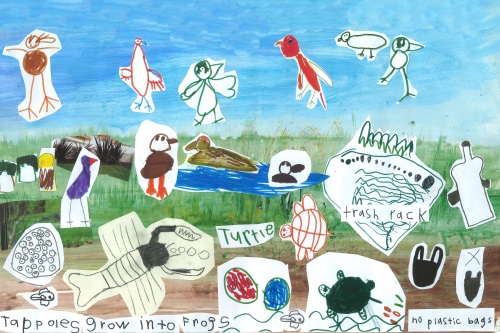
Facilitated by Jo Fahey
Young children are naturally curious: they seek to find things out, to explore possibilities. How do we support children’s natural inquisitiveness, balancing autonomy for the child with manageability for the educators? A range of ways for young children to carry out research can become the keystone of much of their later learning.

Facilitated by Kelvin Sparks and Jo Fahey
We can design a whole school workshop around a unifying aspect of your school’s vision. We can design flexible professional learning experiences to fit your context, e.g. co-leading workshops or Jo facilitating workshops with your Pre-K to Grade 2 staff while Kelvin works with your educators in Grades 3-7 and beyond.

Facilitated by Jo Fahey
Educators often say, “Yes, I see the value of play but how will I document the learning?” Given the devolved nature of play, whereby children have — and need to have — ownership, documentation and interpretation of what happens can be challenging. Documentation can also be time-consuming. Explore strategies in this workshop.
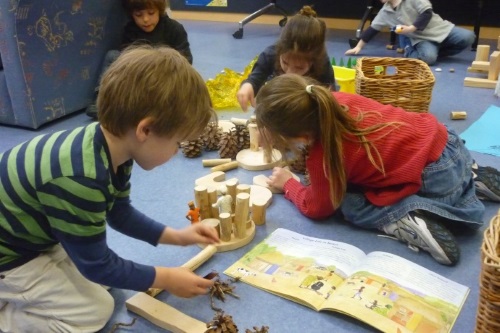
Facilitated by Jo Fahey
Regardless of their age or reading fluency, reading aloud to children is an important educational experience. Information texts are less frequently used than fiction. When teachers read information texts children are more likely to engage with such texts when reading/ browsing independently.
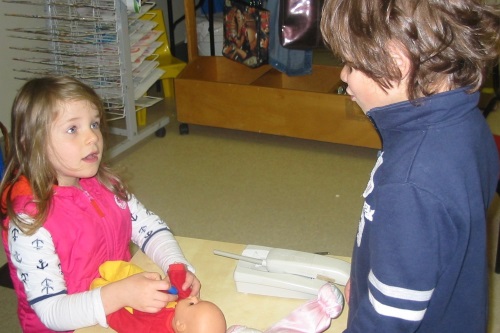
Facilitated by Jo Fahey
Since self-regulation is central to lifelong success as learner, how can we help children to learn to self-regulate? Socio-dramatic play and process drama provide ideal opportunities for children to learn the skills of self-regulation through the collaboration and negotiation that is naturally present in authentic role-play situations.
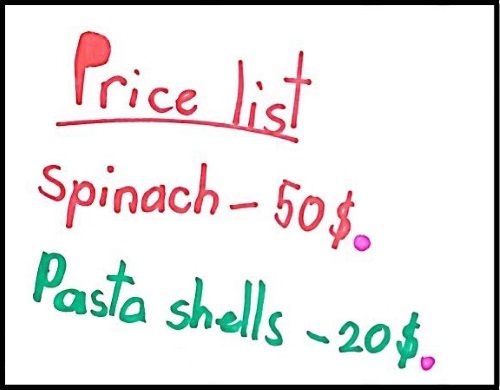
Facilitated by Jo Fahey
As Early Childhood Educators we know that if we make interesting and varied tools available for mark-making, drawing and writing both indoors and outdoors then children will use them in their socio-dramatic play and research. Likewise if a variety of texts are available, such as maps and plans, children will use them. Learn more about creating a culture where children choose to show us what they know about literacy and numeracy.


